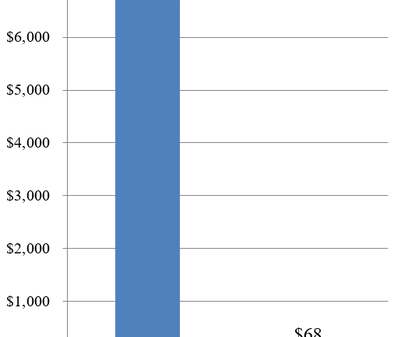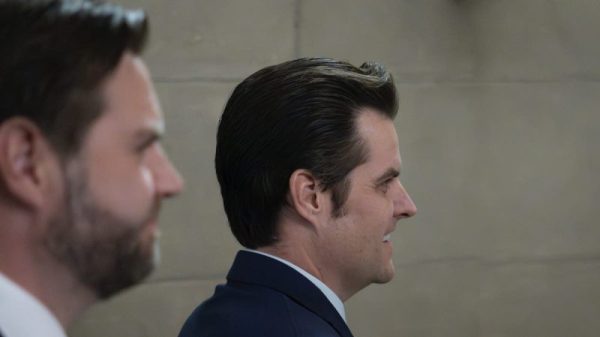Matthew Cavedon

In March 2021, Diontai Moore came home from his birthday party to the townhouse he shared with his fiancee, Gwendolyn Pullie, and her three children in Pittsburgh, PA. At 4:00 a.m. they heard the dog barking. Two people had broken into Pullie’s car outside. Terrified, she and Moore went downstairs and saw “shadowy figures” near the house. Pullie retrieved her gun, gave it to Moore, and escaped with the children. Moore went out back, ultimately shooting one of the intruders in the thigh. At the time, Moore was on federal supervised release. He called his probation officer and explained what had happened.
The government responded by charging Moore with being a felon in possession of a firearm. He pleaded guilty and was sentenced to seven years in federal prison.
Moore appealed his conviction to the Third Circuit. It held that the government can forbid every person on supervised release or probation from possessing a firearm.
Cato filed an amicus brief asking the Third Circuit to grant Moore’s petition for rehearing en banc. Disarming all felony probationers reflects a judgment that all felonies are dangerous. That premise is belied by an aggressive, decades-long trend in American politics: overcriminalization.
Overcriminalization bears out a commonly held fear about the government’s bid for extreme deference: that instead of tethering the Second Amendment to the dangers motivating our regulatory traditions, the government would give legislatures unreviewable power to manipulate the Second Amendment by choosing a label.
Exceptions to individual rights do not move with the political winds. When it comes to individual rights, history—not legislatures—determines the existence and scope of exceptions. That means that courts may not simply assume that the Second Amendment will expand or contract to fit any crime labeled a felony. Rather, courts must confront the reality of what modern felonies look like, and compare that reality to the government’s proposed historical analogues.
Applying history’s lessons to today’s sprawling criminal codes, the court can only conclude that the government has not met its burden to square universal felon disarmament with our regulatory traditions.





























